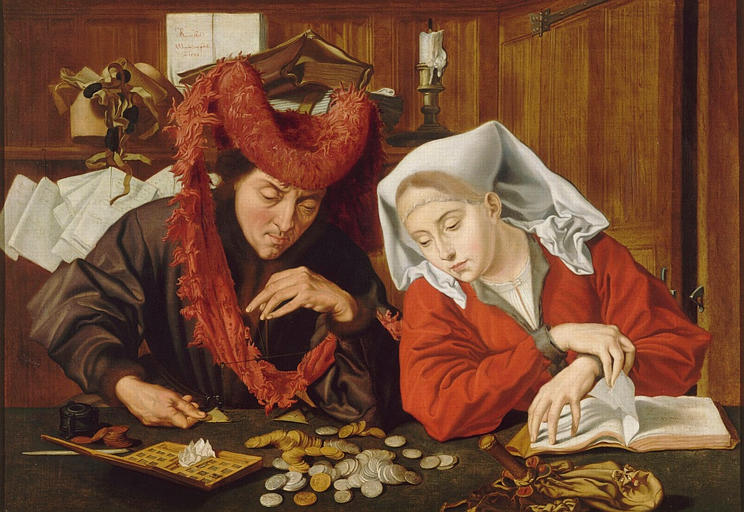El Dorado in the Stock Exchange: The Financial Boom of the 1820s in London and the Birth of Colombia
DOI:
https://doi.org/10.13133/2239-1983/15686Abstract
This paper examines the link between representations of Colombia and the bonds and stocks that circulated during the speculative boom of the 1820s in London. During this period, an array of articles and books about the newly independent Spanish American countries, influenced by the promises of liberalism and the findings of Alexander von Humboldt, renewed the desire to discover ‘El Dorado.’ This myth of unlimited wealth helped to produce the illusion of a financial utopia that, upon the crash of 1826, turned into disenchantment. The article analyzes the issue of representation that emerged from the difficulty in accounting for the relation between financial instruments and their alleged referent in the riches of Spanish America. Explaining how these ‘financial signs’ worked as a center of gravity for other representations, it shows how the efforts to manipulate the value of bonds and stocks made by criollos and British capitalists defined the form of the Colombian nation in its early days.
##submission.downloads##
Pubblicato
Come citare
Fascicolo
Sezione
Licenza
Gli autori che pubblicano su questa rivista accettano le seguenti condizioni:- Gli autori mantengono i diritti sulla loro opera e cedono alla rivista il diritto di prima pubblicazione dell'opera, contemporaneamente licenziata sotto una Licenza Creative Commons - Attribuzione che permette ad altri di condividere l'opera indicando la paternità intellettuale e la prima pubblicazione su questa rivista.
- Gli autori possono aderire ad altri accordi di licenza non esclusiva per la distribuzione della versione dell'opera pubblicata (es. depositarla in un archivio istituzionale o pubblicarla in una monografia), a patto di indicare che la prima pubblicazione è avvenuta su questa rivista.
- Gli autori possono diffondere la loro opera online (es. in repository istituzionali o nel loro sito web) prima e durante il processo di submission, poiché può portare a scambi produttivi e aumentare le citazioni dell'opera pubblicata (Vedi The Effect of Open Access).


